Since times immemorial, Indian renuciates have been going on pilgrimage to Mount Kailash and lake Manasarovar. But after the take over of Tibetan by China, this pilgrimage stopped in 1959. However, as a result of the Sino-Indian treaty signed in 1981 and a limited from of religious liberazation in Tibet, the Chinese government agreed to let in SMALL NUMBERS OF Indian passport holders every year to enter Tibet directly from India via the Lipu lekh crossing and go to Mount kailash and Lake Manasaovar for the purposes of worship and circumambulation. Large chunk of the Indian territory through which the Indian pilgrims trek is out of bounds to foreigners. This trek is considered one of the most difficult pilgrimages treks in the world. The author undertook this pilgrimage twice. The first one took place in 2002, the year of the Water Horse, which in the Sino-Tibetan duodenary cycle is considered a particularly auspicious time to make a pilgrimage to a holy place. Merit thus accumulated by undertaking pilgrimage during The year of the Water Horse is considered to be multiplied manifold. The secod visit was made during the summer of 2004. Another trip was undertaken in 2006 up to Adi kailash. In the pre-1959 period, the pilgrimage to kailash and Manasarover used to mainly attreact sadhus from India. The general public mostly avoided this pilgrimage due to the harsh climate, tough terrain, and lawlessness in the region. However, pilgrimage in present times is largely undertaken by lay people. Not only the governments of India and China but also various local organizations on both sides of the border take interest in this exercise. As a result of this, many changes of far reaching consequences are taking place in the Himalayas. The author has made an attempt in this book to examine the history of the Indian tradition of pilgrimage to kailash and Manasarovar; the perils and difficulties involved in this pilgrimage; the social, religious, geo-political and economics factors on both sides of the Sino-Indian border that have affected,and have been affected in turn by this pilgrimage.
Pilgrimage To Kailash: The Indian Route
In stock
Free & Quick Delivery Worldwide
reviews
Bibliographic information
Title
Pilgrimage To Kailash: The Indian Route
Author
Edition
Ist ed.
Publisher
ISBN
9788173053689
Length
x+146p., Color Plates; Bibliography; Index; 31cm.
Subjects

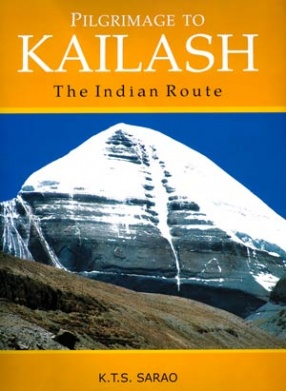
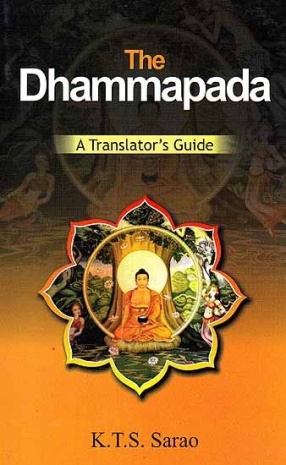
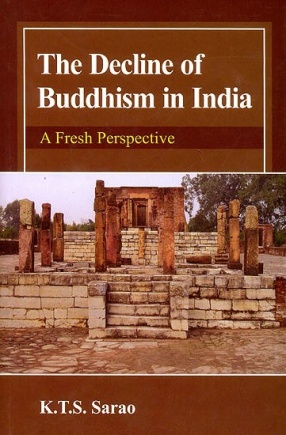
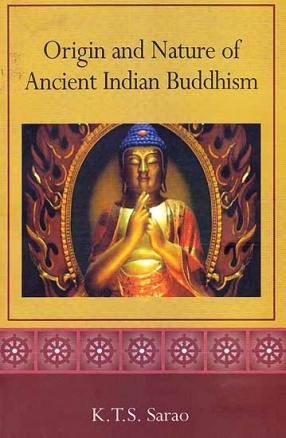

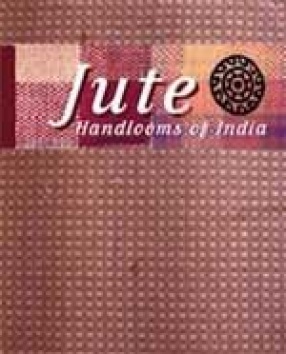
There are no reviews yet.